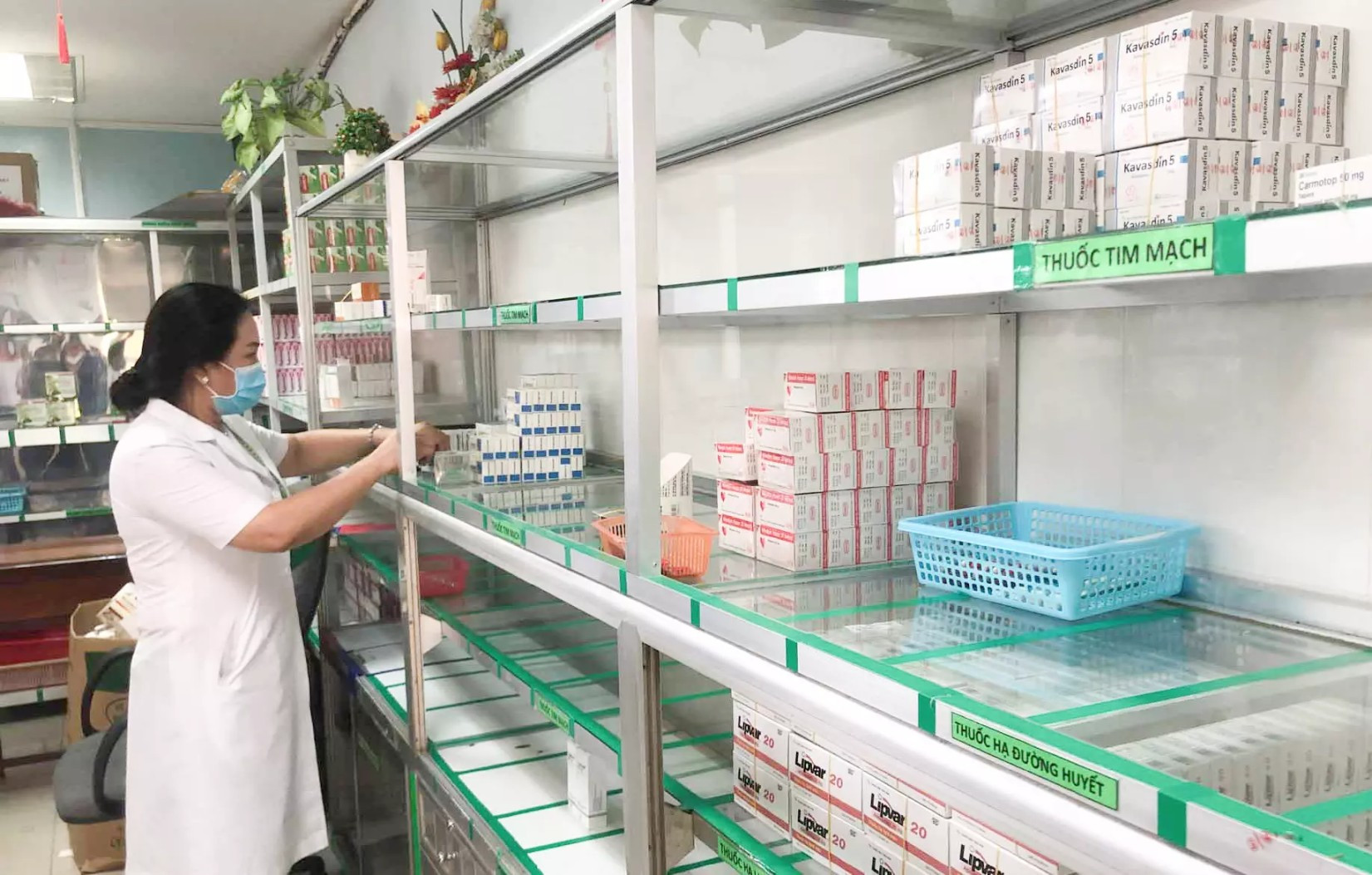
Drug and medical equipment shortages exist at most hospitals. Over the last two years of the pandemic, many drug factories globally have become stagnant and supply chains have been disrupted. Meanwhile, the demand for drugs has soared because of the sharp increase in the number of patients after the pandemic.
On June 29, the Government Office released Notice 192 on the Prime Minister’s conclusion at the government meeting about drug shortages, requesting MOH to urgently remove bottlenecks in drug bidding and procurement procedures.
Mechanism reform
This is not the first time that hospitals have complained about drug shortages. Drug and medical equipment supply and bidding procedures have been criticized for many years, but still have not been settled.
Meanwhile, the drug shortage has become more serious recently after wrongdoings found in drug and medical equipment procurements. Hospitals dare not make procurements at this time for fear they may violate bidding regulations.
The biggest problem in drug bidding is the principle that suppliers who offer drugs at the lowest prices will be chosen, and that the winning bid prices must be lower the following years.
Experts believe that this scheme is distorting drug supply activities and reducing the value of drugs.
Low-cost drugs provided to hospitals through bidding are reserved for patients who are treated with health insurance, while better and more expensive drugs are not available at hospitals, and patients have to buy drugs from private stores.
Without good medicine, it will be difficult for doctors to treat patients, especially severe cases; and the treatment process will last longer.
The interpretations of regulations about the list of drugs for concentrated bidding at the local level are inconsistent with MOH’s circulars, which causes confusion among medical facilities.
The problems, if they cannot be settled soon, will not only affect the quality of drugs and treatment process, but also hinder the development of the pharmaceutical industry.
On June 29, the National Centralized Drug Procurement Center opened the financial proposal dossiers for bidding packages to supply drugs for the national level centralized bidding in 2022-2023, including 528 medicinal products. The outcomes will be announced in July.
MOH is negotiating with partners about the prices of 62 brand name drugs out of total 700 drugs in the list of products for negotiations in accordance with Circular 15/2020/TT-BYT. This means that price negotiations have not been implemented for 90 percent of drugs.
Giving more power to hospitals
In principle, bidding is a good solution which allows choosing the best drugs at the most reasonable prices, while ensuring transparency of public procurements.
However, if not controlled well, it will cause adverse effects. It would be better not to apply the bidding mechanism and require bidding for procurement of all drugs.
The ultimate goal of hospitals is to best serve patients. Hospitals need to have the best drugs to treat patients at a reasonable price. "Reasonable" does not mean the lowest price.
Brand name drugs, for example, are only prescribed when necessary. It is necessary to negotiate with suppliers to get the best prices. As for generic drugs, which can be manufactured by many enterprises, it would be better to give autonomy to hospitals so that they can buy products at the best prices.
Hospitals, which have to protect their brands and provide high-quality services, will decide themselves which products to buy and at which price. As products are diverse, doctors will have more choices when prescribing instead of having to use low-cost drugs.
Leaders of some large hospitals have proposed amending and supplementing the Law on Health Insurance, creating basic medical service packages, and developing different health insurance packages.
This is also a goal mentioned in Resolution 20/NQ-TW on diversifying health insurance packages and strengthening the connection between social health insurance and commercial health insurance.
In order to implement the solutions effectively, it is a steering committee under the government is needed. The problems of the healthcare sector have existed for many years and it is necessary for government agencies to join hands to solve them with reasonable policies.
Nguyen Huy Quang, former director of the MOH’s Legal Department, believes there should be government decrees guiding the implementation of the Law on Pharmacy, Law on Public Property Management, Investment Law, Commercial Law and Law on Bidding.
Van Thieng